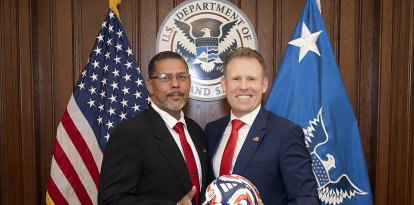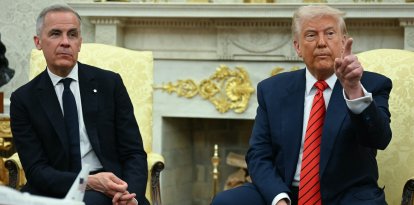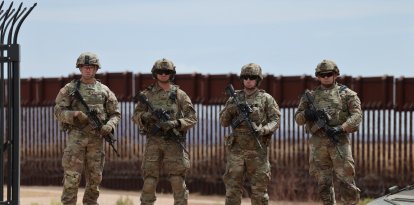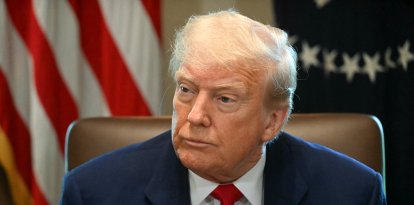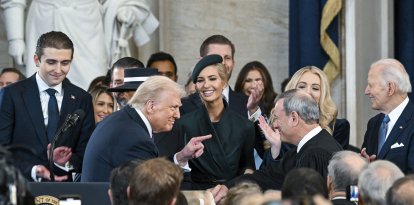U.S. releases $6 billion frozen to Iran in exchange for five U.S. prisoners
The Secretary of State signed the waiver last week but didn't notify Congress until Monday.
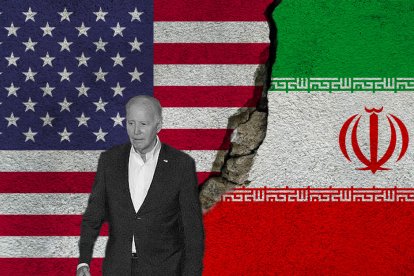
(Wikimedia Commons)
The Biden Administration approved a blanket waiver to release $6 billion in Iranian funds that were frozen by the U.S. government. This, is part of a hostage release agreement.
Although Joe Biden had already announced that he was negotiating with the Iranian regime the release of five American hostages, it was not until Monday that Secretary of State, Antony Blinken, notified Congress that he had already signed sanctions waivers that would allow international banks to transfer frozen money to Iran, without fear of facing U.S. sanctions.
"The United States has committed to release five Iranian nationals currently held in the United States and to permit the transfer of approximately $6 billion in restricted Iranian funds held in (South Korea) to restricted accounts in Qatar, where the funds will be available only for humanitarian trade," Blinken stated according to the Associate Press.
According to Blinken, it was in the interest of national security to waive the imposition of sanctions. However, some experts worry that this decision will only further incentivize Iran and other enemy countries to take American hostages.
Jim Risch, a member of the Senate Committee on Foreign Relations, was among those who warned about how this agreement "creates dangerous incentives to capture Americans abroad, provides Iran a cash windfall as it continues to attack U.S. troops and sell drones to Russia," he said.
Behnam Ben Taleblu, a fellow at the Foundation for Defense of Democracies who focuses on Iranian security, also made a similar comment during an interview with "Fox News".
The release of funds "will only feed Tehran's appetite to keep taking hostages," he said, noting that by releasing the $6 billion the country is ignoring why the money was frozen.
Even Obama "who signed sanctions bills into law creating those escrow accounts, did not trust Iran to stop funding its nuclear or military programs using oil money," he recalled.
RECOMMENDATION
